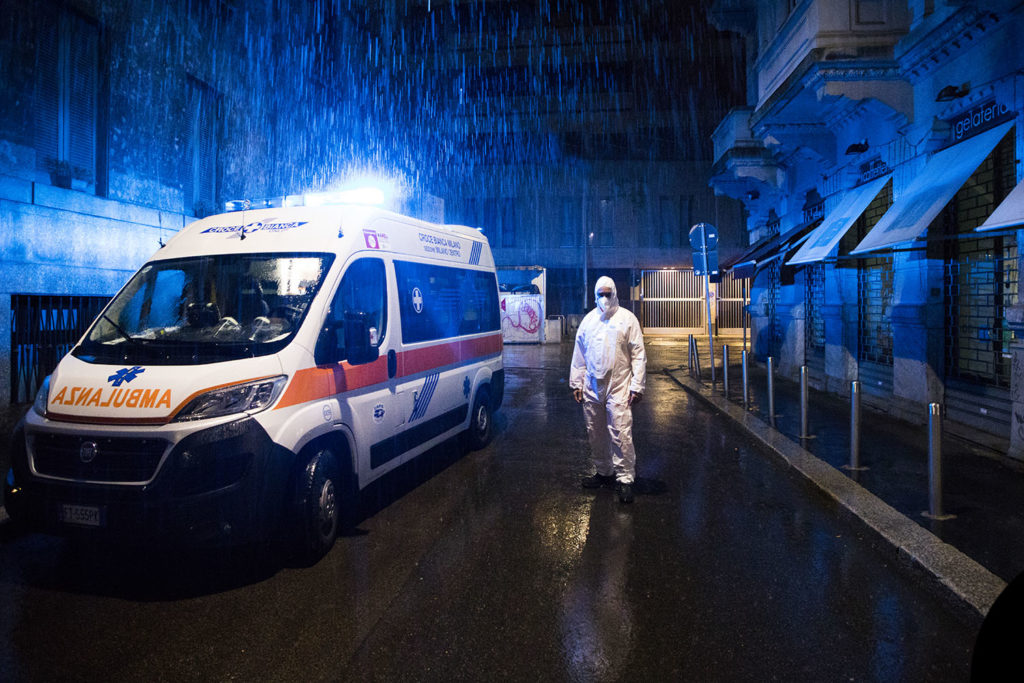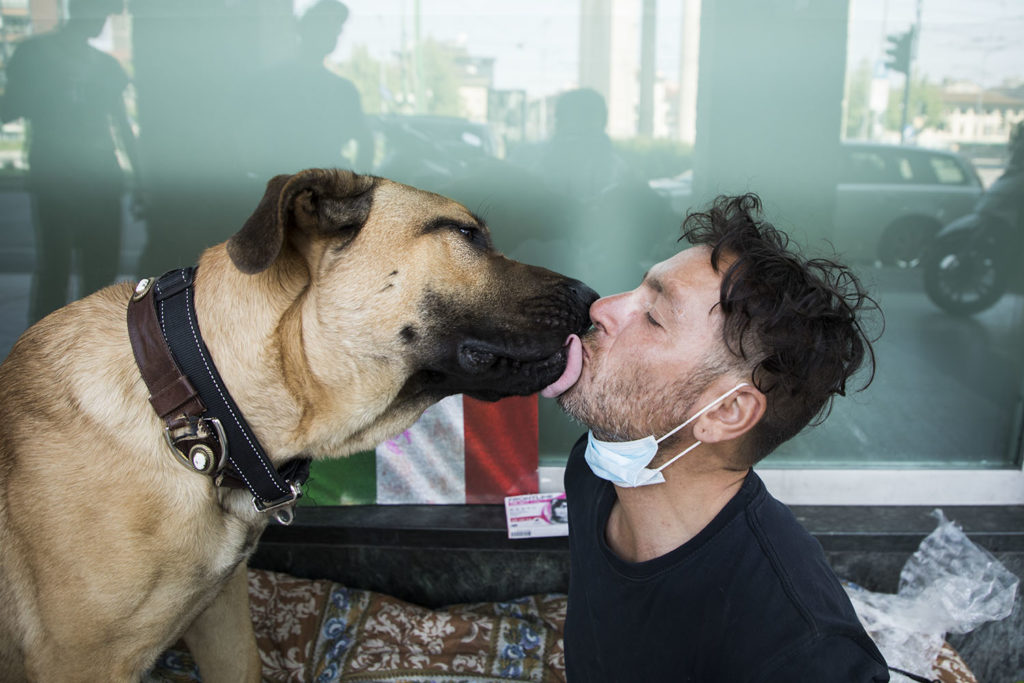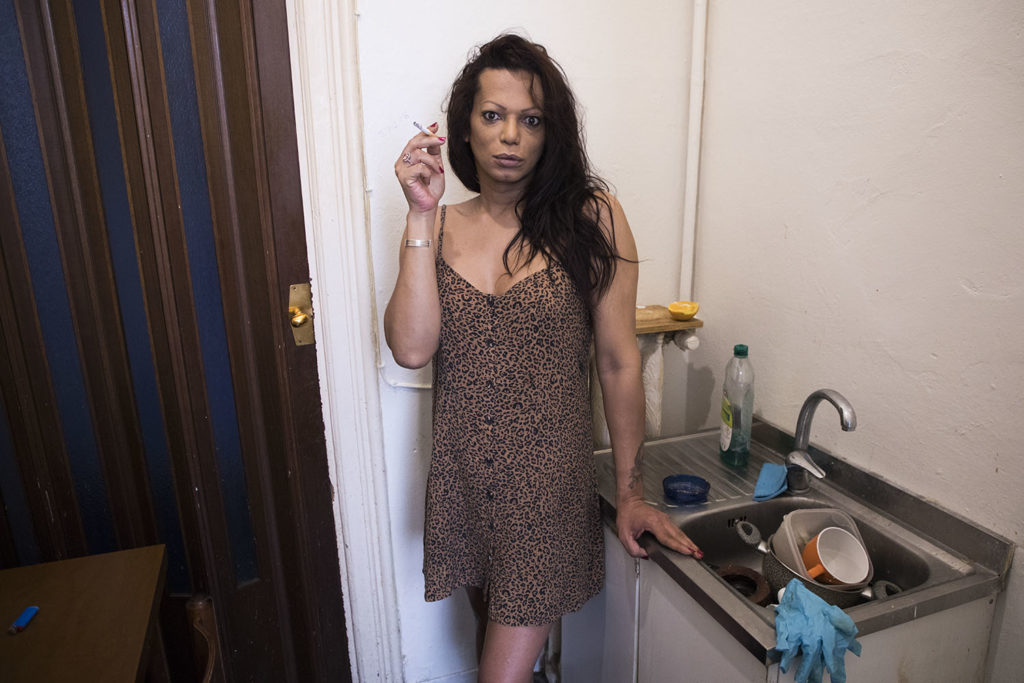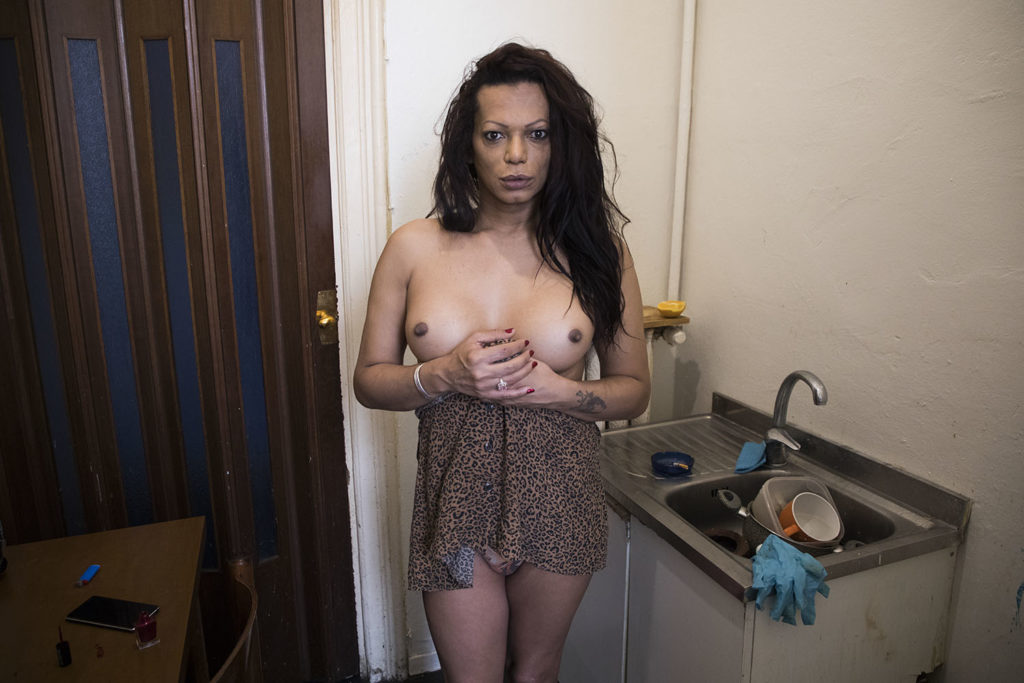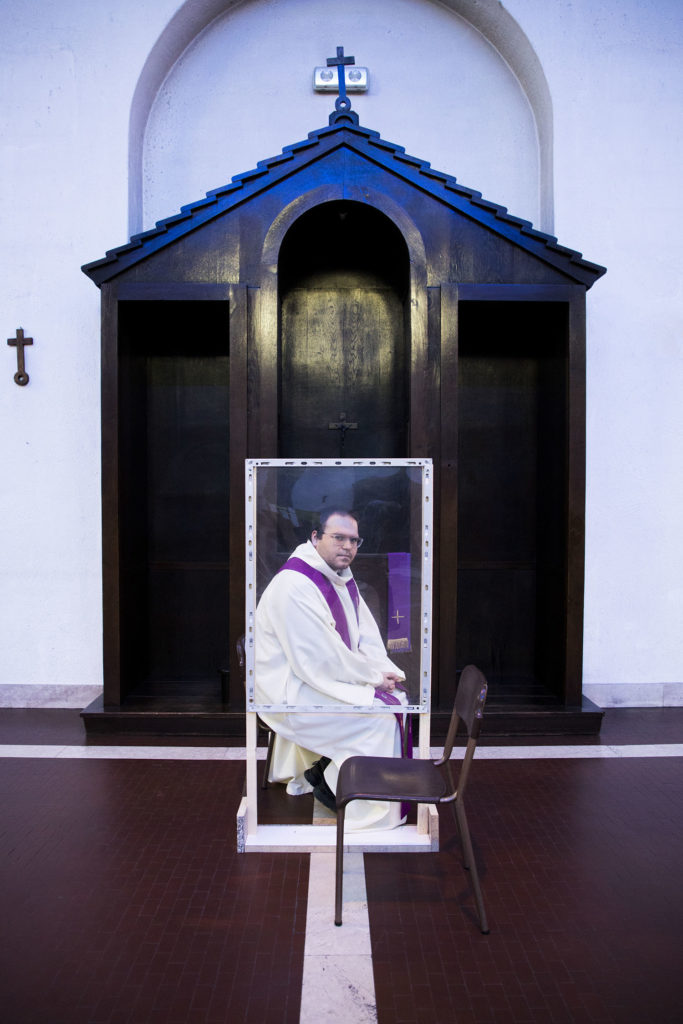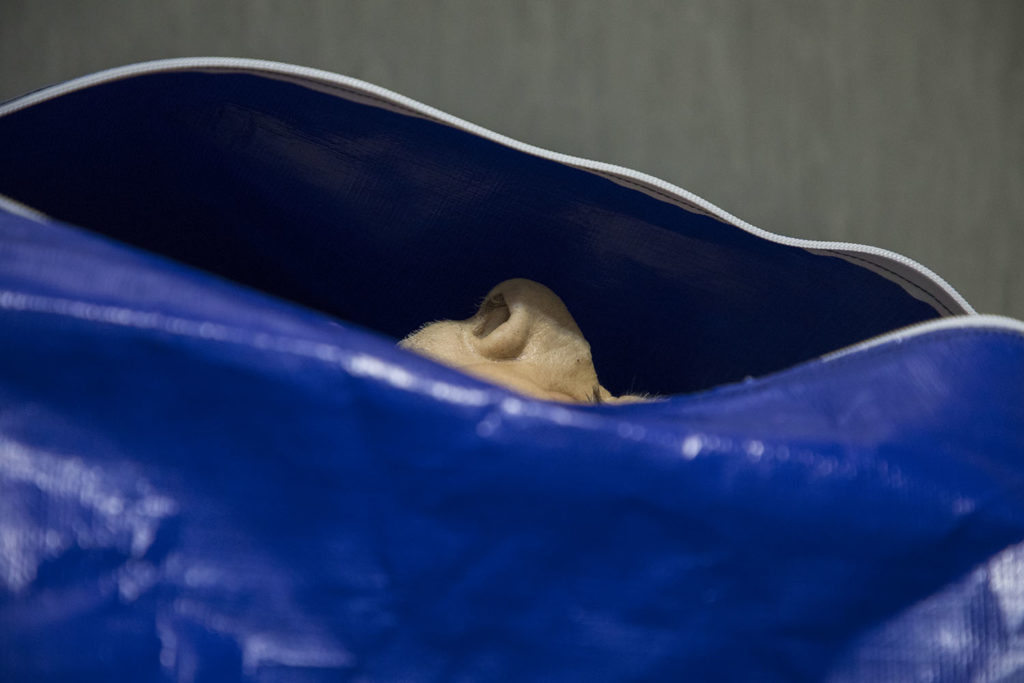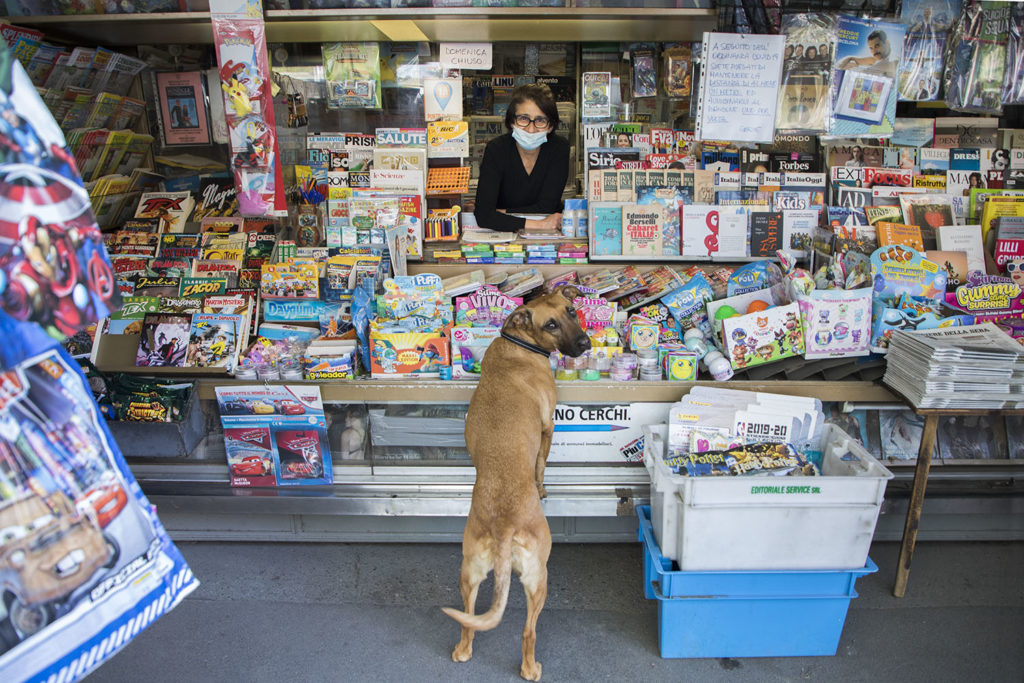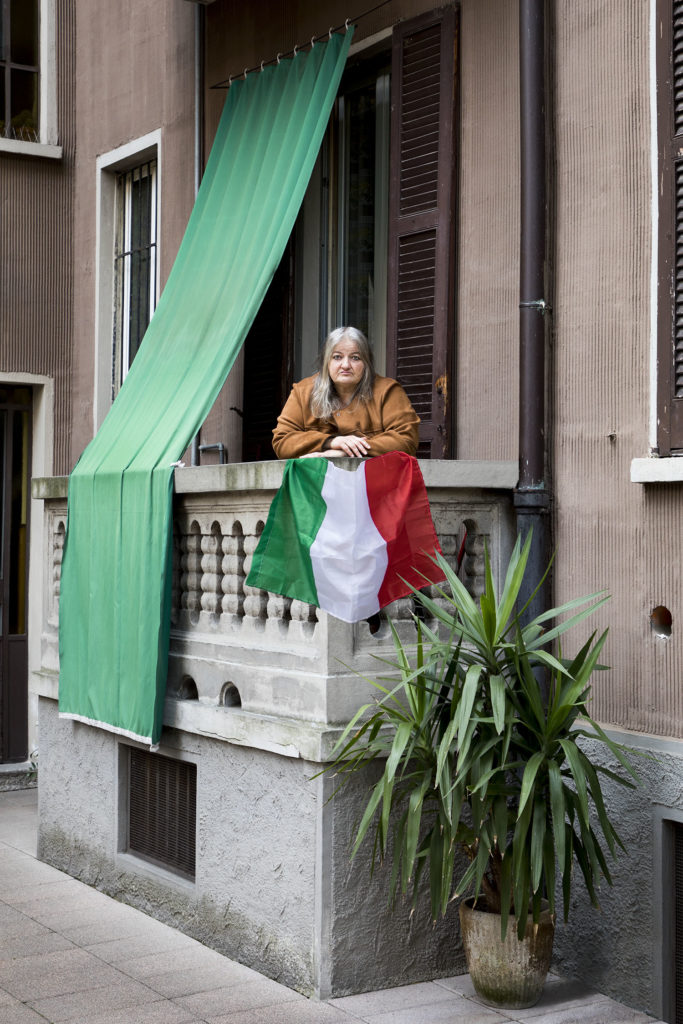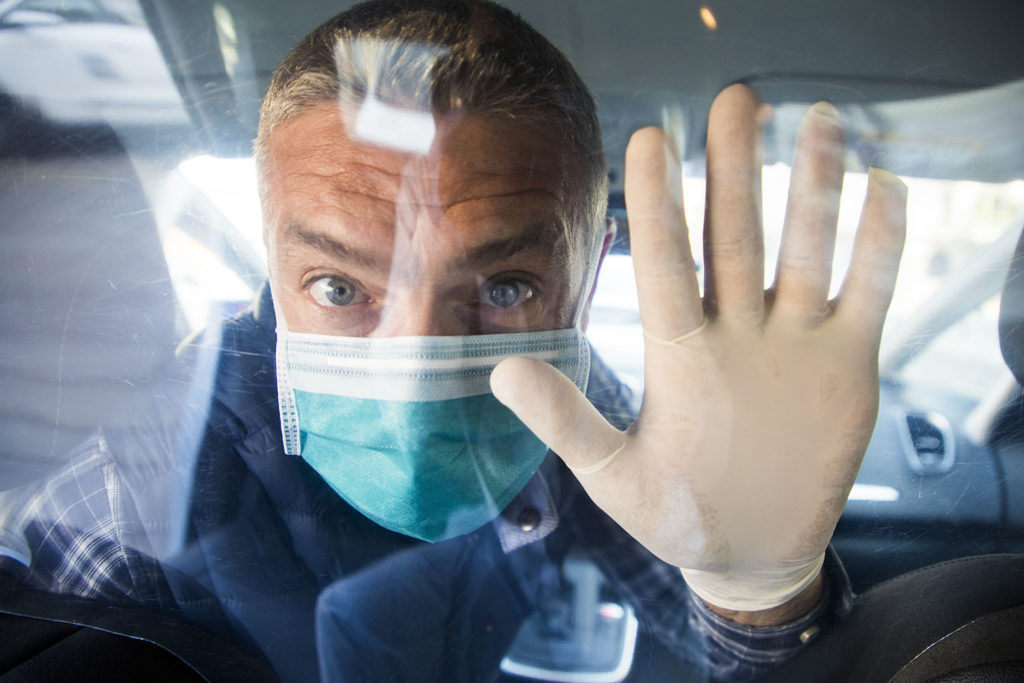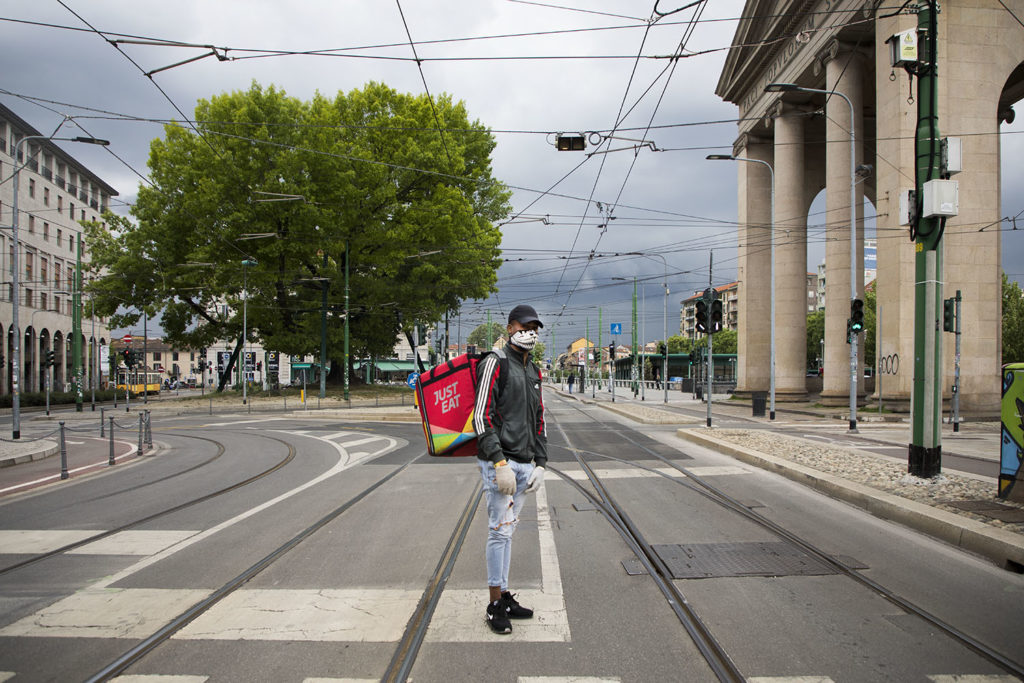[WHO]
Fabrizio Spucches nasce a Catania nel 1987. Studia all’Accademia di Belle Arti di Catania, all’Universitè de Picardie Jules Verne di Amiens e all’University for the Creative Arts di Canterbury. Collabora da dieci anni col fotografo Oliviero Toscani. Nel 2019 è Creative Director di United Colors of Benetton e Fabrica Research Center. Attualmente vive a Milano e lavora in Spucches Studio.
_Fabrizio Spucches was born in Catania / Italy in 1987.
He studied at Accademia di Belle Arti of Catania – Italy, Universitè de Picardie Jules Verne of Amiens – France and University for the creative arts of Canterbury – UK.
He has been working for ten years with Italian photographer Oliviero Toscani. In 2019 he worked as a Creative Director at United Colors of Benetton and Fabrica research center.
He is currently living and working in Milano at Spucches Studio.
[WHAT]
Working Class Virus
Un’indagine acuta e variegata prende forma in Working Class Virus e s’interroga sui cambiamenti che il Covid-19 ha portato sulle nostre vite in termini di crisi del lavoro, senso della paura, percezione della morte, approccio al futuro, significato della vita. Necrofori, escort, sacerdoti, homeless, Sinti, edicolanti, tassisti, foodracers, soccorritori della Croce Bianca, vicini di casa e gente comune incrociata al supermercato, sono i protagonisti di quest’analisi cruda e dissacrante da cui trapela una visione ironica della realtà contemporanea. Nel progetto emerge un desiderio di rinascita: come a suggerire che dal lockdown professionale, fisico e mentale in cui è costretta la società sia ancora possibile guardare oltre.
_A multi-faceted in-depth inquiry takes form in Working Class Virus which questions the changes brought into our lives by the Covid-19 virus such as: the employment crisis, the ever present sense of fear, uncertainty for the future, awareness of death and the meaning of life. Grave-diggers, escorts, priests, homeless, Sinti people, news-vendors, taxi drivers, food delivery riders, paramedics, neighbours and common people met by chance in the supermarket are the main characters of this cruel and irreverent analysis which transpires an ironic vision of this contemporary reality. A desire of rebirth emerges from this project: as if to suggest that it is possible to look beyond this professional, physical and mental lockdown in which our society is constrained to live.
